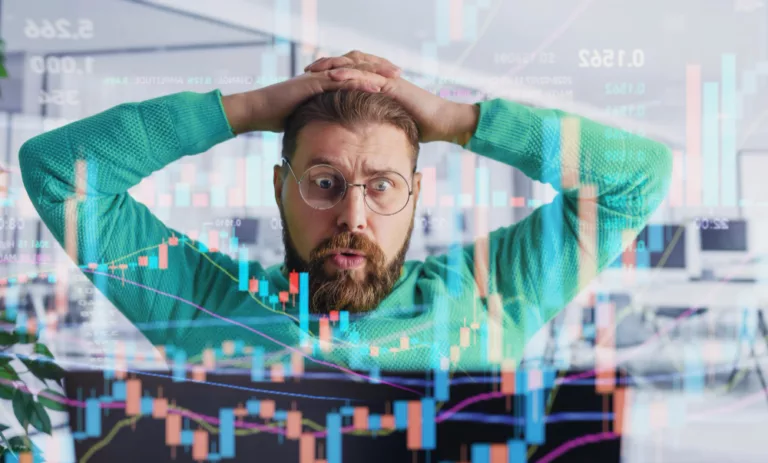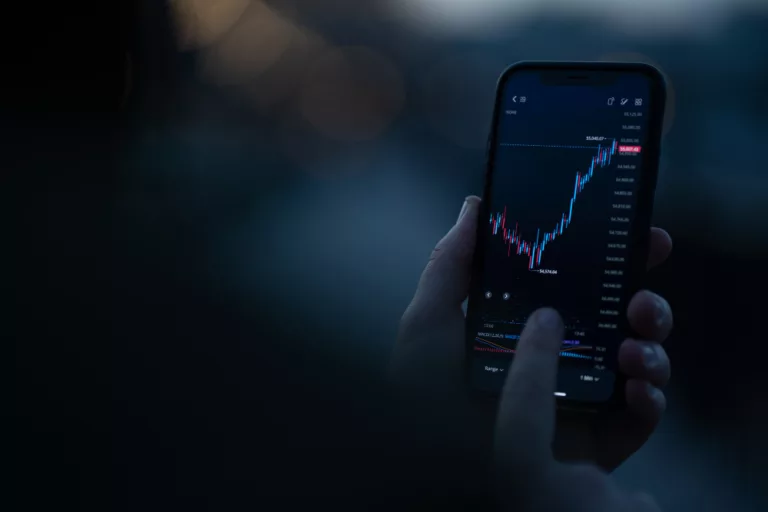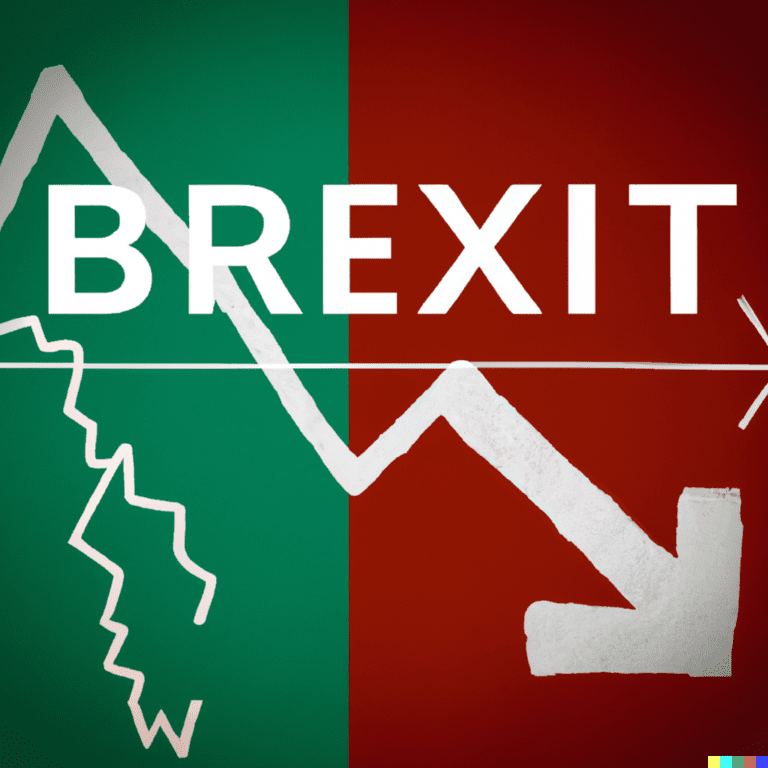Is Forex Trading Halal?
Forex trading, a global financial phenomenon, stirs considerable interest among millions worldwide. Notably, it draws attention from the Islamic community, seeking to understand its compatibility with Halal practices. This article delves into this intricate question: Is Forex trading Halal according to Islamic finance rules?
Understanding Forex Trading
Firstly, it’s essential to grasp what Forex trading entails. This global market, where currencies are traded, operates on the principles of buying and selling different currencies. The goal? To profit from fluctuating exchange rates.
Islamic Finance Principles
One must turn to Islamic finance principles to answer whether Forex trading is Halal. Central to these is the prohibition of Riba (interest). Islamic law forbids any form of interest-based transactions. Therefore, for Forex trading to be Halal, it must be free of interest.
The Concept of Halal in Forex
The concept of Halal in Islamic law extends beyond mere dietary restrictions. It encompasses all aspects of life, including financial dealings. Halal signifies permissible actions that align with Islamic teachings. For a financial activity to be Halal, it must adhere to certain criteria. These include avoiding excessive risk (Gharar) and uncertainty (Maysir), ensuring transactions are based on tangible assets and are free from interest.
Forex Trading and Riba
One major concern regarding Forex trading in Islamic finance is the element of Riba. Standard Forex accounts often involve interest payments, either earned or paid, when positions are held overnight. This directly contradicts Islamic law. However, many Forex brokers now offer Islamic accounts, which are specifically designed to be Riba-free, adhering to Shariah law. These accounts avoid interest by employing different transactional methods, such as immediate settlement of trades.
Gharar and Maysir in Forex Trading
Another aspect to consider is Gharar and Maysir. Gharar refers to excessive uncertainty and ambiguity in transactions, while Maysir denotes gambling. Traditional Forex trading can be speculative, bordering on gambling, especially when driven by guesswork rather than analysis. However, if conducted with proper knowledge, analysis, and intention, Forex trading can be free from Gharar and Maysir, aligning with Halal principles.
The Role of Intention
Intention plays a pivotal role in determining the Halal status of Forex trading. Based on market analysis and without speculative or gambling motives, trading intending to contribute to economic activities can be considered Halal. It’s crucial that the trader’s intent aligns with Islamic principles of fairness, justice, and benefit to society.
Conclusion
Conclusively, Forex trading can be Halal, provided it adheres to the strict guidelines of Islamic finance. This involves avoiding Riba, Gharar, and Maysir, ensuring ethical and fair trading practices. The availability of Islamic Forex accounts has made it easier for Muslim traders to participate in the Forex market without compromising their religious beliefs.
In summary, the Halal status of Forex trading is not black and white. It depends on the trader’s specific practices and the type of account used. As the financial world evolves, so does the interpretation of Islamic finance principles. Muslim traders must seek knowledge and guidance to ensure their trading activities remain within the boundaries of Halal practices. Some brokers are also known to offer Islamic accounts.







